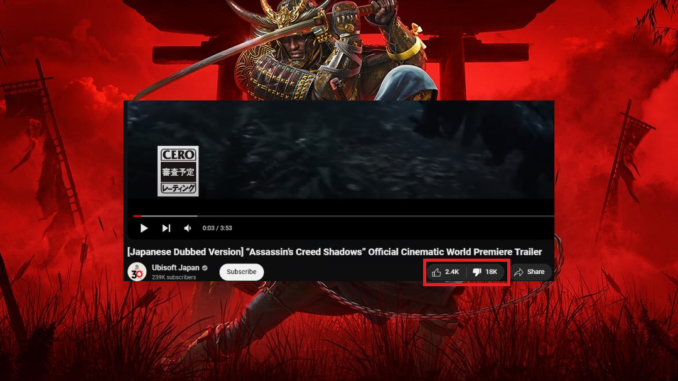
When it comes to making a sale, there are very few developers and publishers who will say whatever they need to in order to make a dollar, that can rival Ubisoft. Ubisoft, which has a history of lying to consumers so that they can sell a game copy. Whether it is regarding DRM in a game, discontinuing support for a game but still selling it on their store, removing a game from players’ libraries, or selling a half-baked game as “quadruple-A” quality are just some of the examples of what this company is willing to do. With the unveiling of Assassin’s Creed Shadows, Ubisoft has fully embraced DEI but, in doing so, has created an issue that is similar to Resident Evil 5’s “racism controversy” along with it being sexist and an example of real cultural appropriation.
As gamers are well aware, video game journalists were outraged over Resident Evil 5’s fictional West African setting. Why? Because it involved a white protagonist, with a black woman as his sidekick, mowing down hordes of zombies that were the predominant race in the region: black people. For some reason journalists declared that this made Resident Evil 5 racist, even though it wasn’t. There wasn’t any political message behind RE5 or any malicious intent to make a “murder-sim” for white supremacists. It was a game developed by Japanese developers who thought an African setting would be an interesting one in their franchise.
Sadly, video game journalists didn’t look at it that way or voice similar outrage over Resident Evil 6 when that same white character was shooting down tons of Chinese people.
For Assassin’s Creed Shadows a similar situation occurs as one of the main protagonists is African, partnered with a female Japanese character, and he will be killing the predominant race in the region: Japanese people. Isn’t it awesome that a black man can murder hordes of Asians? So, by the same logic that video game journalists used, they should be outraged over this blatantly racist game right? Except that journalists won’t because, in their eyes, this game meets their DEI requirements, they hold a warped belief that minorities can’t be racist, and that Asian people are one of those races that is situationally a minority, white adjacent, or even white depending on what the narrative is at the time.
Unfortunately for Ubisoft, this blatant DEI-developed darling is racist, but for a different reason.

With regard to the Assassin’s Creed franchise, Ubisoft has established a pattern when it comes to the games. Wherever a game is set, the main character was always native-born or culturally appropriate to that setting. In the first game, which took place during the Crusades, the character was Syrian-born, in AC II: Brotherhood it was an Italian in an Italian setting, AC III is in colonial America with a British protagonist along with a Half-Native American (Mohawk) character, Assassin’s Creed Origins was set in Egypt, which is in Africa, and the character was Egyptian, Assassin’s Creed Valhalla had a viking main character, and Assassin’s Creed Mirage was set in Baghdad with a Samarra-born character (modern day Iraq).
You get the idea.
However, Assassin’s Creed Shadows, which is set in Feudal Japan, breaks the pattern. One of two main characters is African-born and only resided in Japan for about three years. There is no denying that Yasuke has been romanticized and featured in various forms of entertainment as a samurai, especially in many Japanese games, anime, and manga. But the claim of whether Yasuke was a real samurai or not is a debated one. What is known about Yasuke is that he was a servant and retainer who then served as a page for Oda Nobunaga until the daimyō’s death. Claims that Yasuke was a samurai has never been substantiated or that he fit the traditional idea of a samurai since Yasuke never owned land or was given the title of samurai. Books written by Thomas Lockley are constantly referenced even though the author provides no definitive proof and his work is historical/speculative fiction at best.
That said, historical accuracy is not at issue here nor are the facts of Yasuke’s story for a form of entertainment. That said, it has to be pointed out that Ubisoft and sites such as IGN have made it an issue by making false claims that Yasuke was a real samurai without any substantial evidence to prove it and sparking a Wikipedia edit war. Imagine that, a Canadian developer appropriating Japan’s history and telling that country they are wrong. That Yasuke was a real samurai despite the lack of evidence to support it or mainstream support to uphold the developer’s claims.
Despite Ubisoft’s false claim, what is at issue here is Ubisoft finally setting an Assassin’s Creed game in Japan only for one of the main characters to not even be Japanese, a culturally-appropriate character, or even a prominent historical figure. Imagine that, instead of having an Italian character for the first Assassin’s game it was a Chinese character. What if AC Mirage had decided to use a white character instead? How do you think Japanese gamers and fans of Assassin’s Creed will feel about not seeing themselves represented in a game that is set in their country?
That is the issue here and what makes Assassin’s Creed Shadows a racist game.
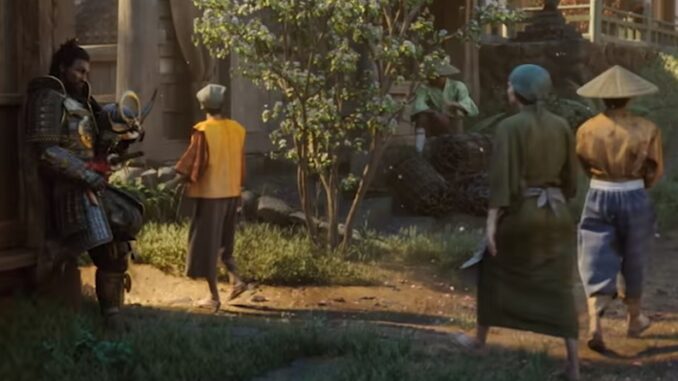
Now, there is nothing wrong with a game where Yasuke is the main character. It is that the first Assassin’s Creed game set in Japan doesn’t feature a Japanese samurai. Despite what some unhinged individuals may say, the argument is not that Yasuke shouldn’t be in the game at all. It is that the game’s main male character should have been Japanese since that is the standard which Ubisoft set for its franchise. Yasuke could have been an interesting side character or given a prominent role in an expansion DLC. Instead, with its first foray into Japan, Ubisoft seems to have decided that there needs to be black representation in a game set in a region that was dominated by Asians who had little contact with Africans.
This is about a franchise that is finally set in an Asian country only to not feature Asians as the main characters in the game or a culturally appropriate samurai. Assassin’s Creed Shadows is not only racist, but is a great example of cultural exploitation against Japanese people who are usually fine with other cultures adapting their clothing, mannerisms, etc.
(Anyone remember the Left’s outrage over non-Asian women wearing Asian dresses and that Asian people were fine with it?)
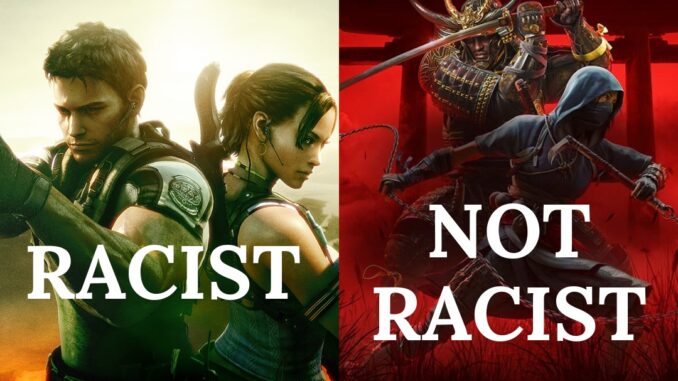
Of course, Ubisoft was kind enough to give Japanese gamers a booby prize by including a Japanese woman as the other main character in the role of a Shinobi. However, even that is a slap to the face of Japan when the character, Naoe, features androgynous characteristics. An all-too-frequent pattern in mainstream video games because, according to a minority, being an attractive woman in a video game is “sexist” and catering to the “male gaze.”
The fact that Ubisoft went out of its way to make Naoe as bland as possible, but still recognizable as being female, shows the company’s dedication to the woke cause while potentially alienating their core gaming audience. The same audience that, according to data provided by dating apps, will tend to find Asian women the most attractive and desirable. It’s possible that this game will alienate a majority of Japanese gamers since Japan loves to create attractive female characters while the West has moved towards frumpy and dumpy. Then there is the fact that Western journalists go out of their way to demonize and show hatred for Asian developers along with anime and manga creators who have a proclivity to design attractive female characters.
So it’s not surprising that Ubisoft, like the rest of mainstream journalism and big developers/publishers, have become sexist and misogynistic when it comes to female beauty in video games (Stellar Blade is a recent example). Of course, to be fair, I am only judging Naoe by her physical looks and not her character since the game isn’t out yet. But, there is a high probability that she will be mostly masculine rather than feminine though I will reserve judgment on that part for now.
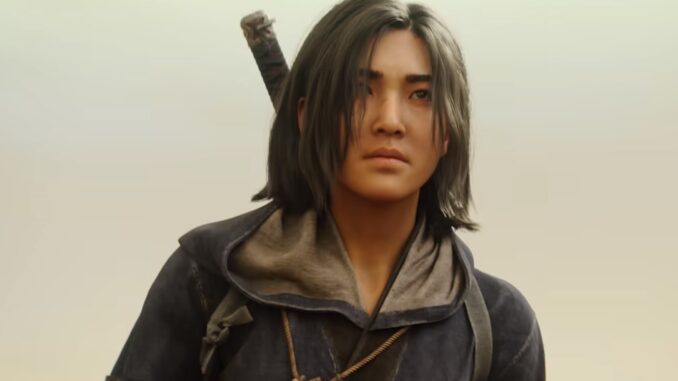
Yes, Ubisoft’s Assassin’s Creed Shadows is racist, sexist, and a real example of cultural appropriation. Why? Because the company didn’t develop this game with an Asian demographic in mind or, more specifically, the Japanese demographic. It wasn’t developed to be historically accurate or respectful of another culture. It was developed with a “Western” mindset, by a predominantly white team, as a DEI project made to appeal to DEI fanatics screaming for more “representation” in video games.
To put it simply, the Japanese setting and culture has been appropriated for the sake of a Western DEI agenda: a forced representation onto a region that has been an ethnically homogeneous monocultural race for its entire history.
Of course, hypocritical journalists and the defenders of Ubisoft point to games such as Nioh or Samurai Warriors 5 and movies such as The Last Samurai as examples of white people being the main character or that the Japanese made Yasuke a samurai.
With regards to the Japanese-developed Samurai Warriors 5, as the name says, it is the fifth installment of a game franchise that only takes place in Japan, so eventually Yasuke would be put in there at some point. And, of course, Yasuke will be romanticized and fictionalized as a samurai because it is a cool concept to work with. As for Nioh, the white main character William Adams is based on a historical figure who actually was a samurai. But let’s not overlook the fact that it was developed by Team Ninja, a Japanese developer so they can do what they want. Even then, journalists complained about Adams being the main character for the game.
As for The Last Samurai, the white character, Nathan Algren, was a vehicle to show the Japanese culture and people through the lens of an outsider who bears witness to the fall of a romanticized version of the samurai. Algren was witnessing the fall of the last samurai. He fought with the samurai, but he wasn’t a samurai. Similar to Yasuke who may have fought for Oda Nobunaga, but wasn’t a samurai.
By the Left’s own standards, Assassin’s Creed Shadows should be an example of racism and cultural appropriation. It was developed by a predominantly white team, the game’s writer believes Asians are equivalent to white people, it injects a non-Japanese savior character into another culture, and appropriates another culture to push an agenda. But, like the ever-shifting sands of the desert, their standards and ideals change to form an ever-inconsistent narrative that is hypocritical all for the sake of clicks and money. After all, Asian hate is okay so long as the “right kind of people” are doing it. In this case, and video game journalists’ opinions, Ubisoft Quebec is the right kind of people for the job.
Which, for Ubisoft, is par for the course.
As someone who has boycotted everything that has to do with Ubisoft for well over a decade because it is anti-gamer, anti-consumer, and has no scruples for how low it will go to make money, my hat is off to them. Once more, Ubisoft has become a shining light of what a despicable game developer is willing to do to make a sale.
Ubisoft, in its quest for the almighty dollar, has created the most racist video game and has provided a shining example of cultural appropriation that video game journalists will hypocritically celebrate and never criticize. Ubisoft’s declaration that Yasuke was a real, historical samurai, means that it is implying that Japan is racist for not acknowledging this claim.
However, Ubisoft’s biggest mistake is thinking that the majority approve of the DEI agenda. In fact, the majority don’t and are finally getting tired of it. Ubisoft should have released the game five years ago when they would have been able to get away with it.
It will be interesting to see how Japanese gamers react to Assassin’s Creed Shadows as well as the rest of the gaming community. In fact, feel free to check out Ubisoft Japan’s comment section for the trailer.
In the meantime, anyone daring to question Ubisoft’s, news outlets, and their sycophants’ claim that Yasuke was a samurai will be called racist. But the real racists are the ones who will buy Assassin’s Creed Shadows.
Follow-up articles and editorials:
Japanese Petition to Cancel Ubisoft’s Assassin’s Creed Shadows Gains Momentum
Author’s Note: Support this site by donating via Paypal or even checking out our merchandise on RedBubble where you can find designs that cater to writers and readers. Money donated and raised goes into paying for this website and equipment.
Check out our Non-BUYnary txt design!
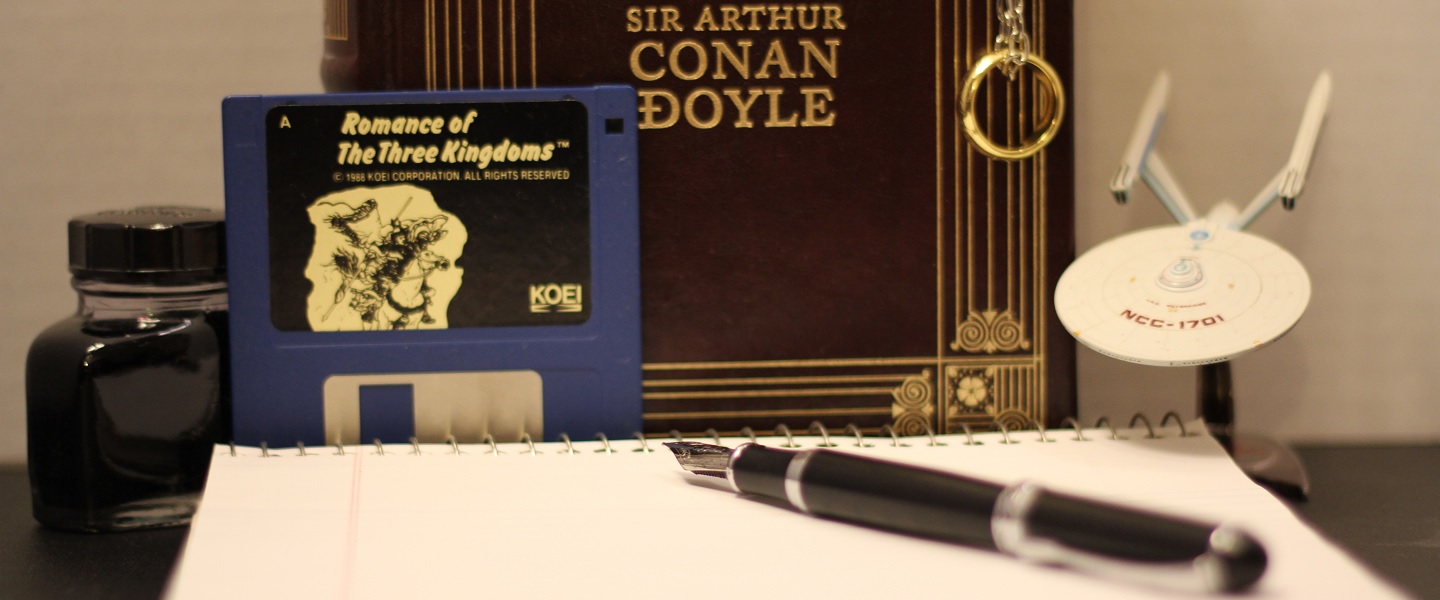
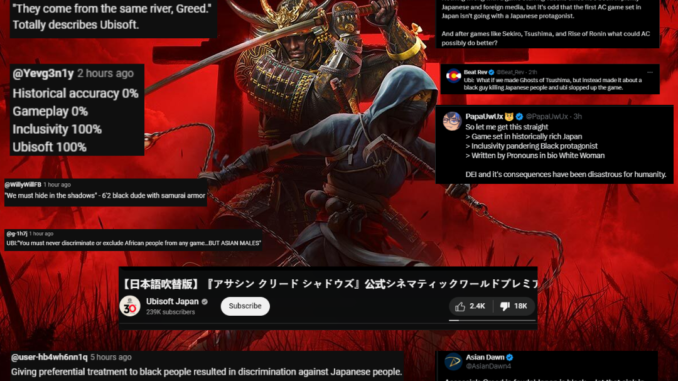
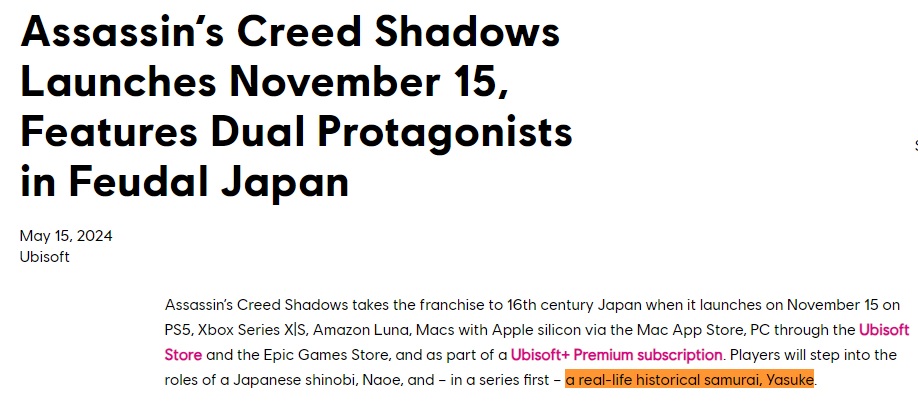
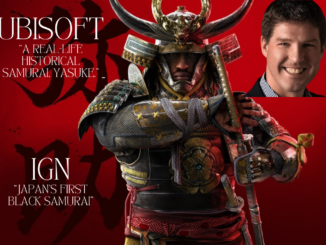

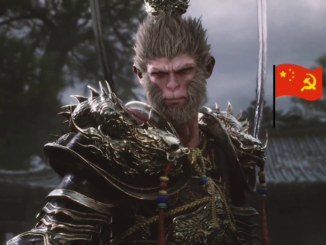
[…] [ May 16, 2024 ] Ubisoft Unveils Assassin’s Creed Shadows – A DEI Grift That Is Racist, … […]
[…] [ May 16, 2024 ] Ubisoft Unveils Assassin’s Creed Shadows – A DEI Grift That Is Racist, … […]
[…] without substantive proof. Gamers, both Japanese and non-Japanese, who have pointed out that Assassin’s Creed Shadows is racist and an example of cultural appropriation, have been declared racist by video game news outlets and especially Ubisoft. In an interview, […]
[…] refute Ubisoft’s claims because it aligns with their perceived values rather then recognize that Assassin’s Creed Shadows is actually racist and an example of cultural appropriation. Which means that the industry is being shaped by the […]
[…] the trailer for Assassin’s Creed Shadows, there was immediate backlash and accusations that the game is racist, appropriating Japanese culture, and even rewriting Japanese history as the company claimed that Yasuke “was a real-life, […]
[…] while not saying anything substantial. Despite the fact that the game has been considered racist and an example of cultural appropriation to Yasuke author Thomas Lockley deleting all of his social media over mounting allegations of […]
[…] Skull & Bones (quadruple-A quality), a lackluster Star Wars Outlaws, a soon-to-be-released racist Assassin’s Creed Shadows, and shutting down games among many other issues. Back in January, the company made sure to set the […]
[…] that includes Skull and Bones, xDefiant, the recently released Star Wars Outlaws, a delay for the controversial game Assassin’s Creed Shadows, and a sharp drop in Ubisoft’s share price as a result of these […]